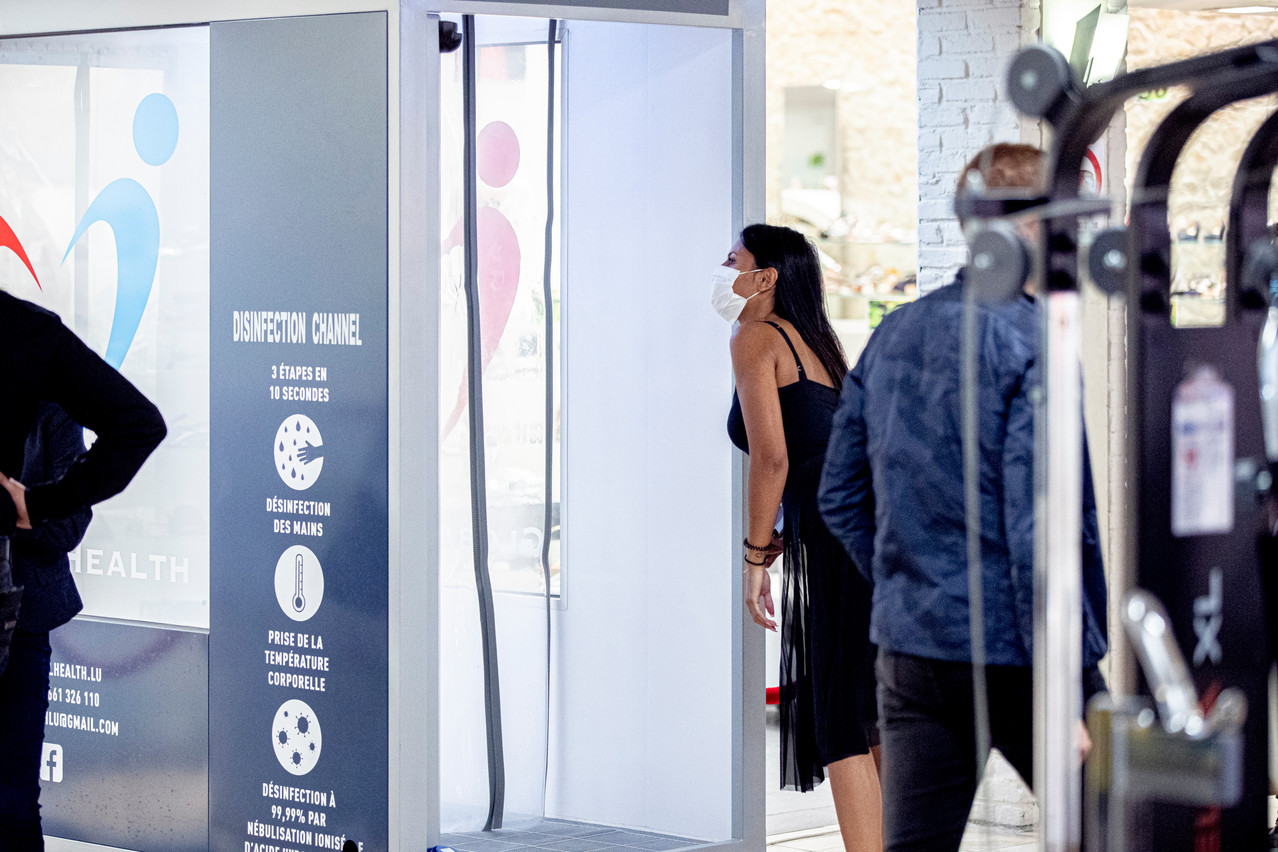“The temporary restrictions on entry into the territory of the Grand Duchy for third-country nationals residing outside the European Union or the Schengen area, which were put in place at the beginning of the health crisis linked to covid-19, will end on 1 October 2022,” the grand duchy’s ministry of foreign affairs notes.
Third-country citizens will be able to travel freely into Luxembourg, even when it comes to non-essential trips. The ministry underlines that they will however have to respect existing rules on travels within the Schengen area lasting less than 90 days. This means holding a valid short-term visa if required as well as owning a passport.
The initial restriction on travel was meant to curb the spread of coronavirus during the worldwide pandemic in 2020 and 2021. As the number of cases gradually decreased, sanitary restrictions were relaxed over the course of 2022.
The rise in the number of infections recorded in Luxembourg has coincided with a return to the office Between 19 and 25 September 1,300 people caught the virus--there were 999 new infections the week prior. 613 reinfections were also recorded. In total, there are thus 2,611 active cases in the grand duchy at the moment--compared to 2,076 seven days before--with the average age of the infected being 40,5 years.
The number of hospitalisations has nearly doubled too, with 11 patients brought in last week. For every 100,000 residents there are 201 cases, compared to 155 last week. Children between 5 and 14 (+116%) and over95s (+63%) saw the starkest increase in infections.
Currently, 79% of the population has a completed vaccination card, a rate the government hopes to bring up as it starts pushing its campaigns again.
